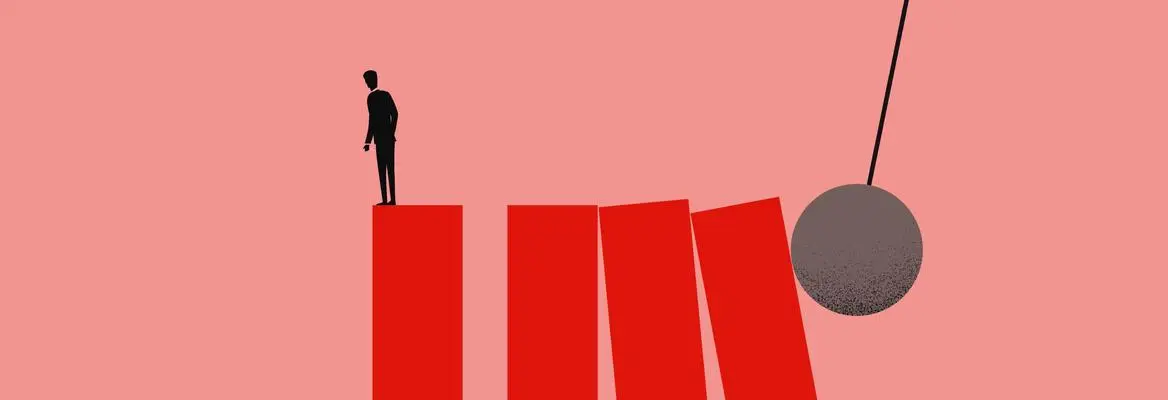Just over 10 years ago, nudge theory was introduced to the world by Cass Sunstein and Richard Thaler. Their radical argument was that the government could preserve the freedom of citizens whilst at the same time helping them make better financial, health and happiness choices. The initial success in the USA and UK led to over 500 nudge units across the globe, including institutions like the World Bank and the UN. However, critics challenge its effectiveness and even the main claim that nudges by the government are freedom-promoting. In this exclusive interview, Cass Sunstein defends the ideology and effectiveness of his theory.
How can governments help us make decisions whilst keeping our liberty and autonomy? “Choosers are human, so designers should make life as easy as possible, according to Cass Sunstein, the most cited Law Professor in the world, on how government can encourage better and easier decisions. Sunstein has written a huge number of books addressing how we can all make better decisions without having to think about it. In this interview with IAI News, he talks about the impact of his work and the philosophy which underpins it. He also addressed criticisms from colleagues who argue that his theory fundamentally misses structural problems, such as climate change and poverty - problems that can’t be addressed by individuals alone.
 SUGGESTED READING
The fantasy economics of the Nobel Prize
By Steve Keen
SUGGESTED READING
The fantasy economics of the Nobel Prize
By Steve Keen
Sunstein’s work is inspired by his liberalism, arguing that the freedom to make choices is essential for a free society. But at the same time, he isn’t afraid of the government helping people make those choices. He terms his distinctive brand of philosophy of government Liberal Paternalism. Like any good parent, governments should give citizens all the tools they need to navigate the world, but at the same time, they should let us make our own individual choices and our own mistakes.
Sunstein, along with Noble Prize winner Richard Thaler, fundamentally changed the way policymakers think about their power to influence people’s decision-making. Their book Nudge detailed the ways that you could encourage citizens by using behavioral economics to encourage them to make better choices in health, wealth, and happiness. So hos is “nudging” people not the same as manipulating them? How is freedom preserves here? “A nudge is any aspect of the choice architecture that alters people's behavior in a predictable way without forbidding any options or significantly changing their economic incentives. To count as a mere nudge, the intervention must be easy and cheap to avoid. Nudges are not mandates. Putting fruit at eye level counts as a nudge. Banning junk food does not.”
Despite the non-intrusive philosophy of nudges, they have been shown to be incredibly effective. Imperial College London recently showed that health-related nudges were responsible for a 15.3% increase in a healthier diet and nutritional choices. Sunstein has also shown that opt-out systems let people not stress about decisions they support, or miss out on making those decisions in the first place. From organ donation to saving for retirement, by using this new science of choice architecture, more people are able to think less and still make positive choices for society and themselves. And in more humorous examples, Amsterdam’s Schiphol international Airport have been able to use the theory of nudges to get men to aim better at the urinal. By placing fly-shaped sticks in urinals, men focused on more on where they were aiming, bringing down the costs of cleaning by 80%!





















Join the conversation